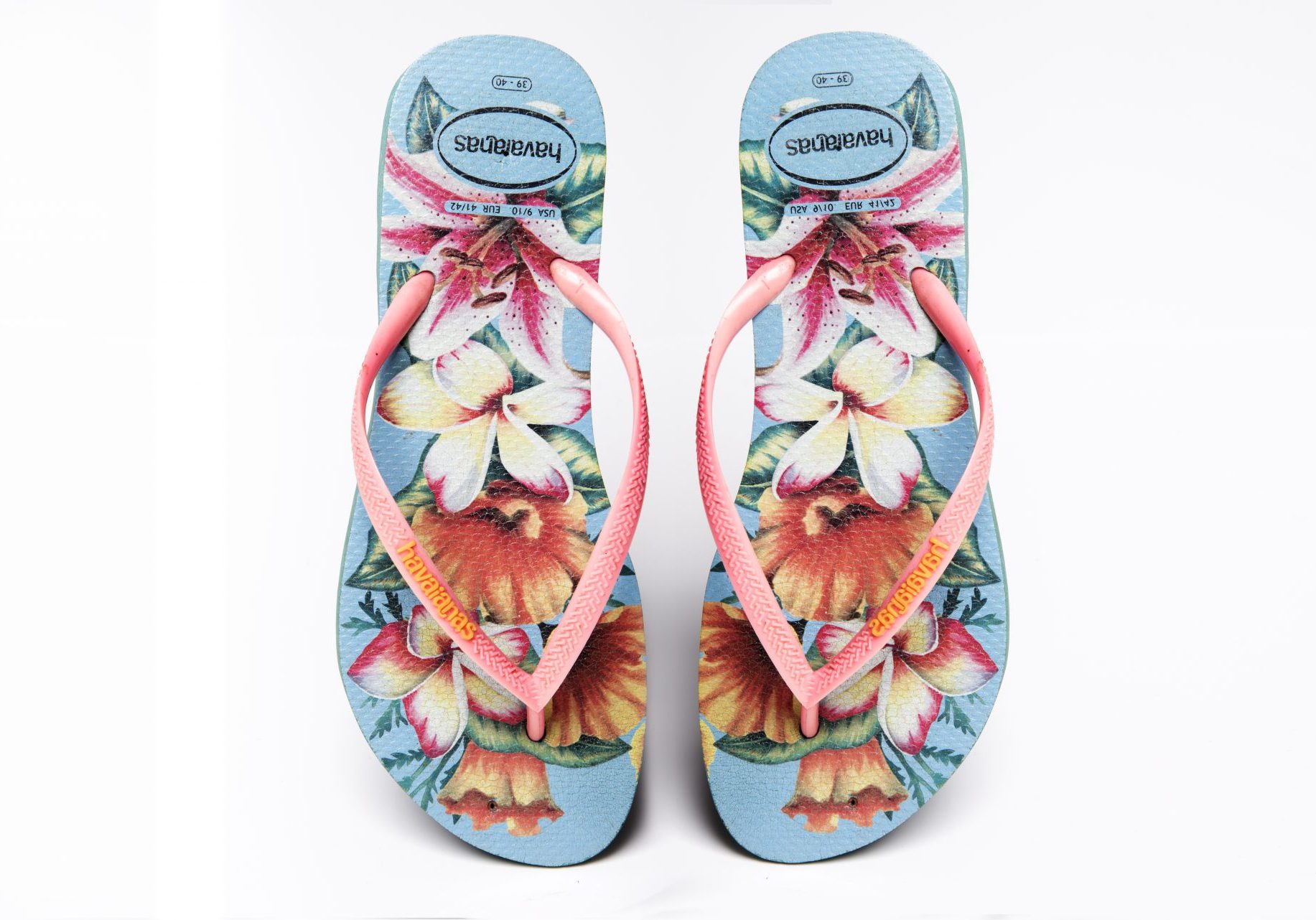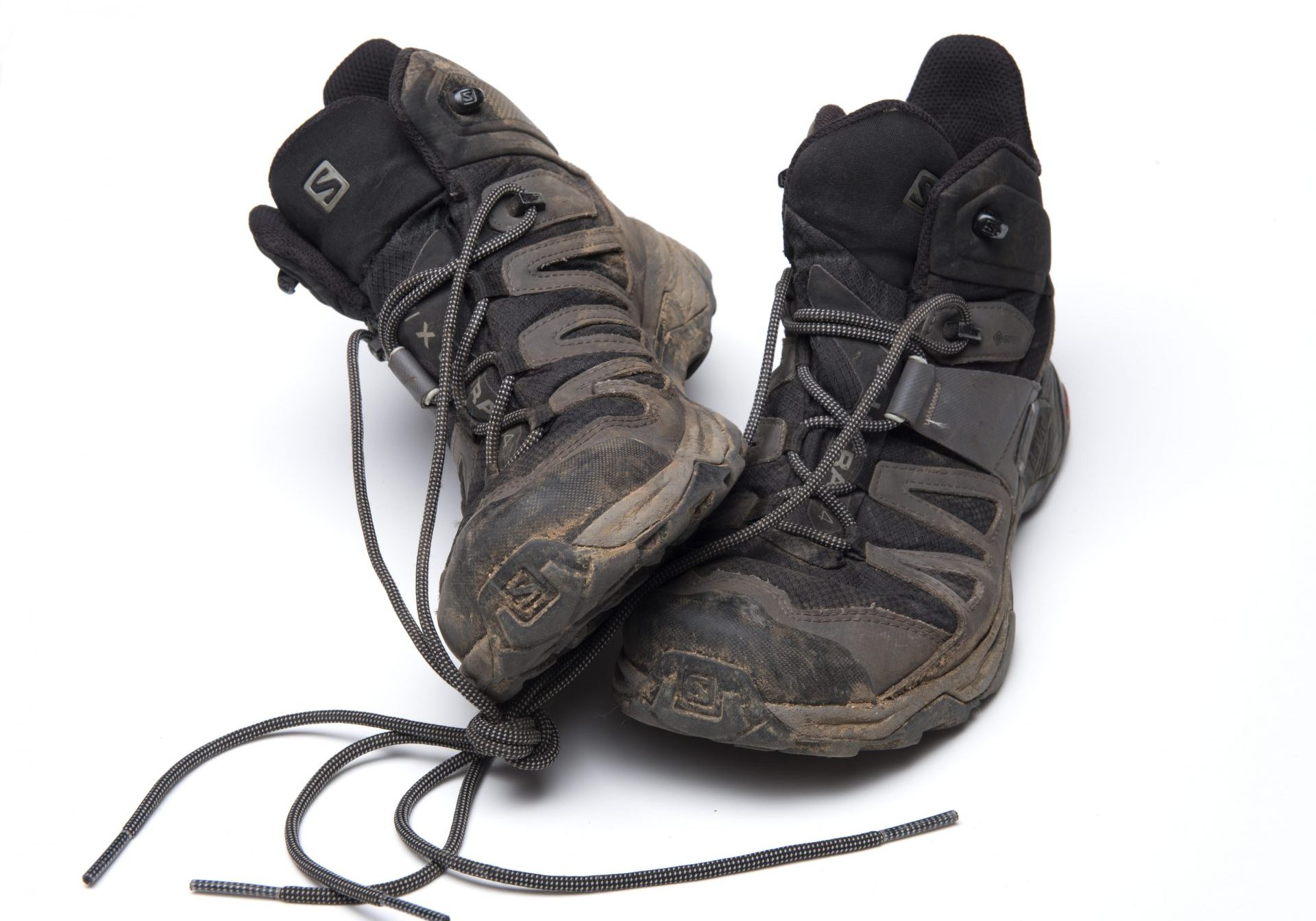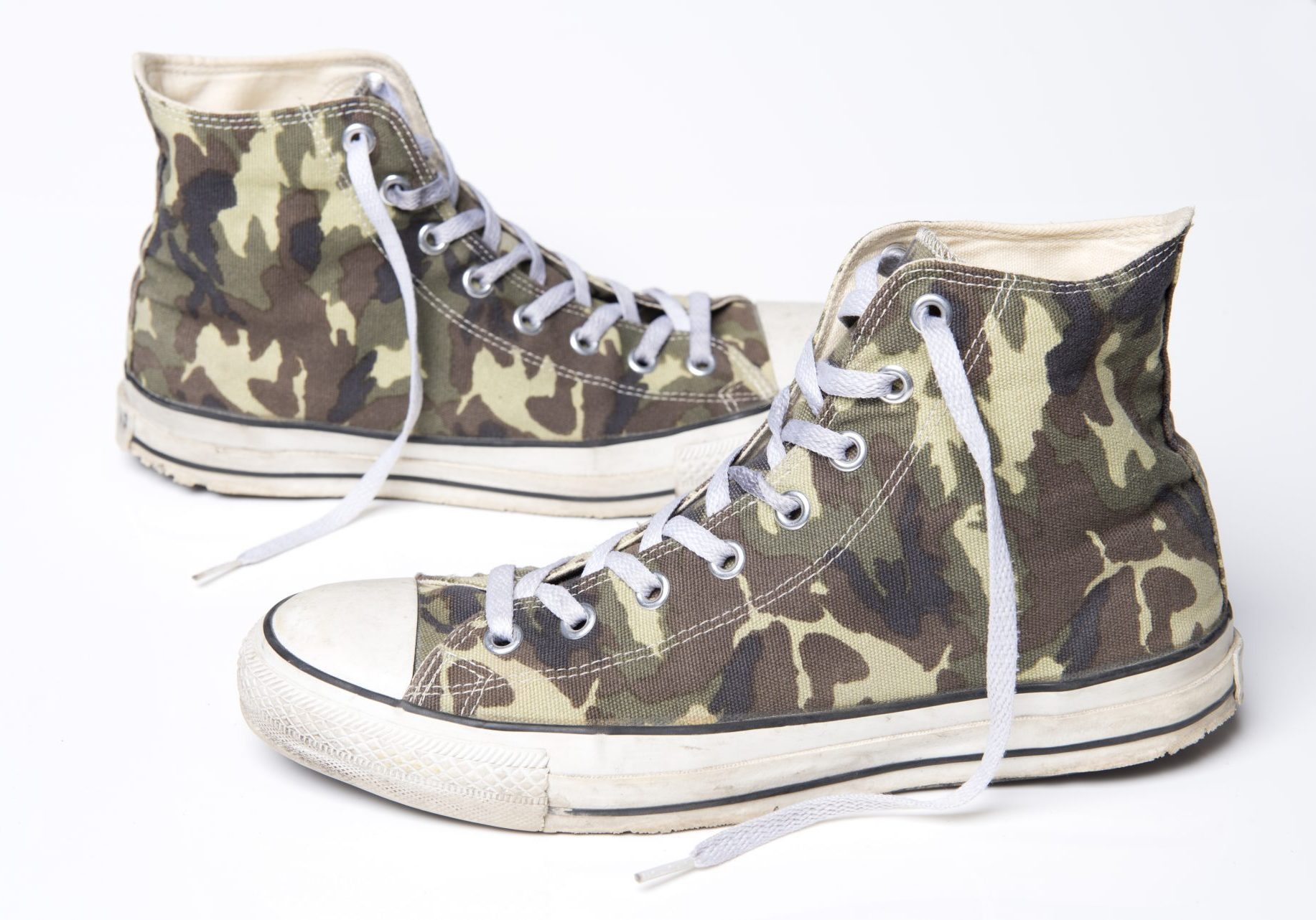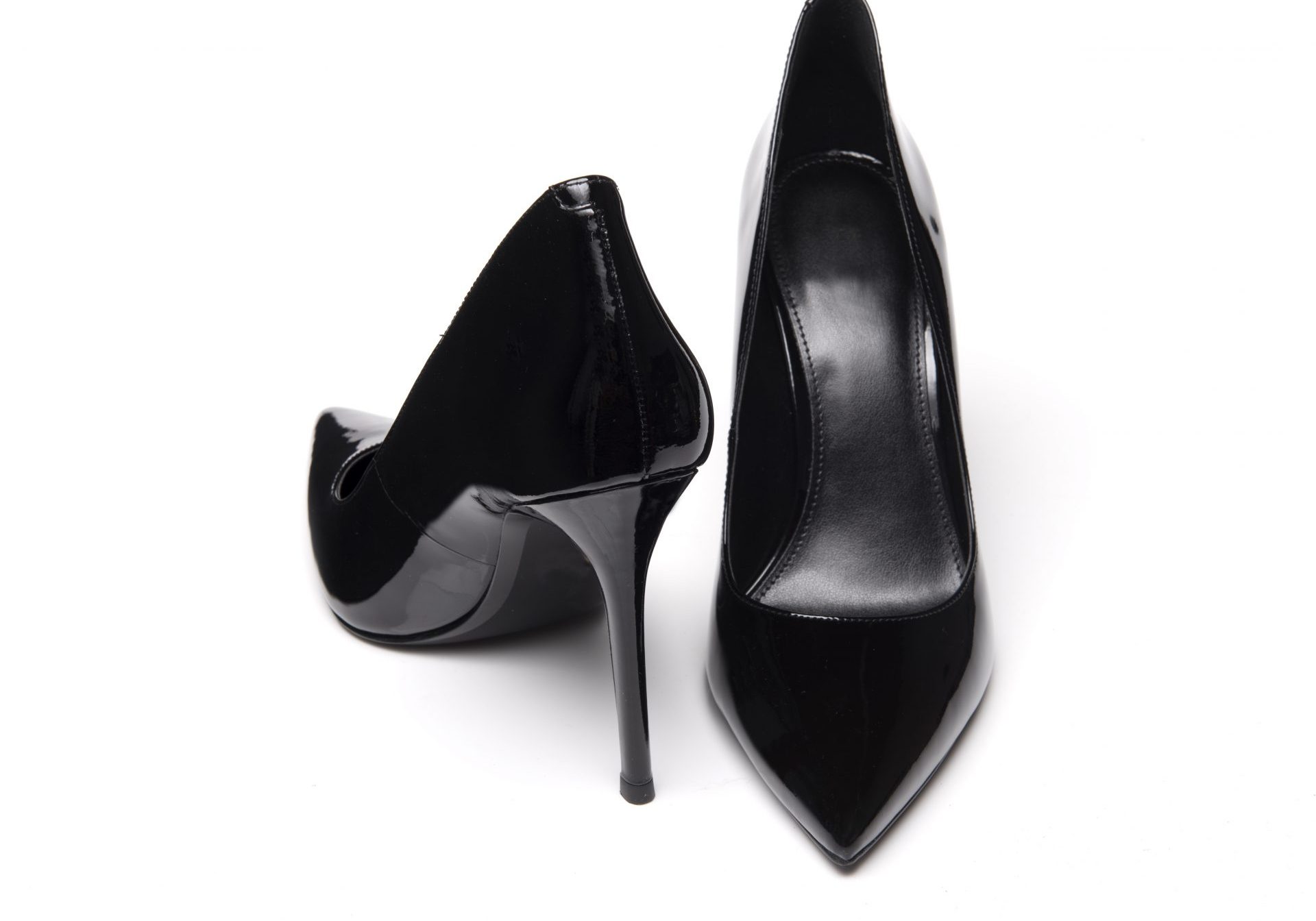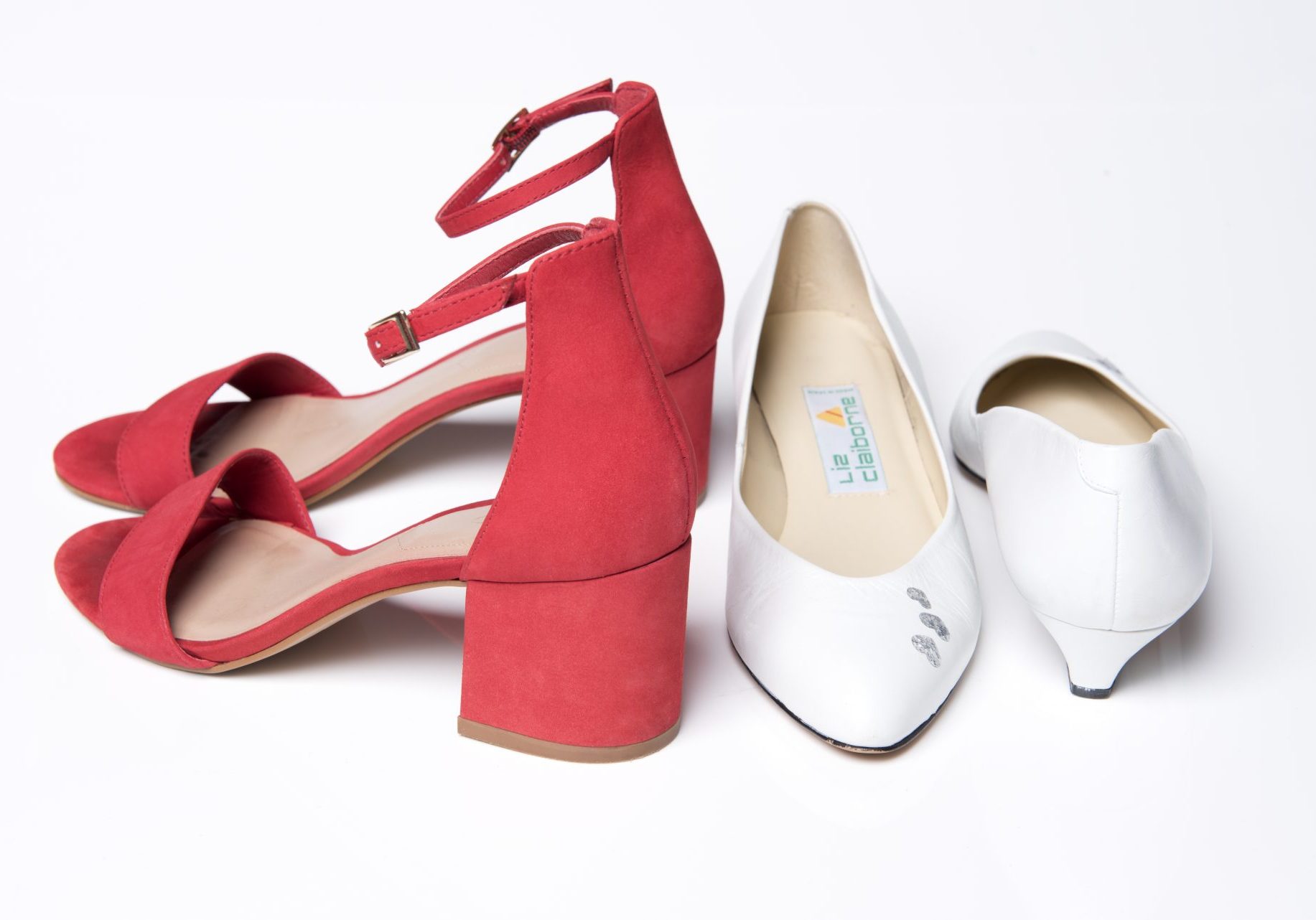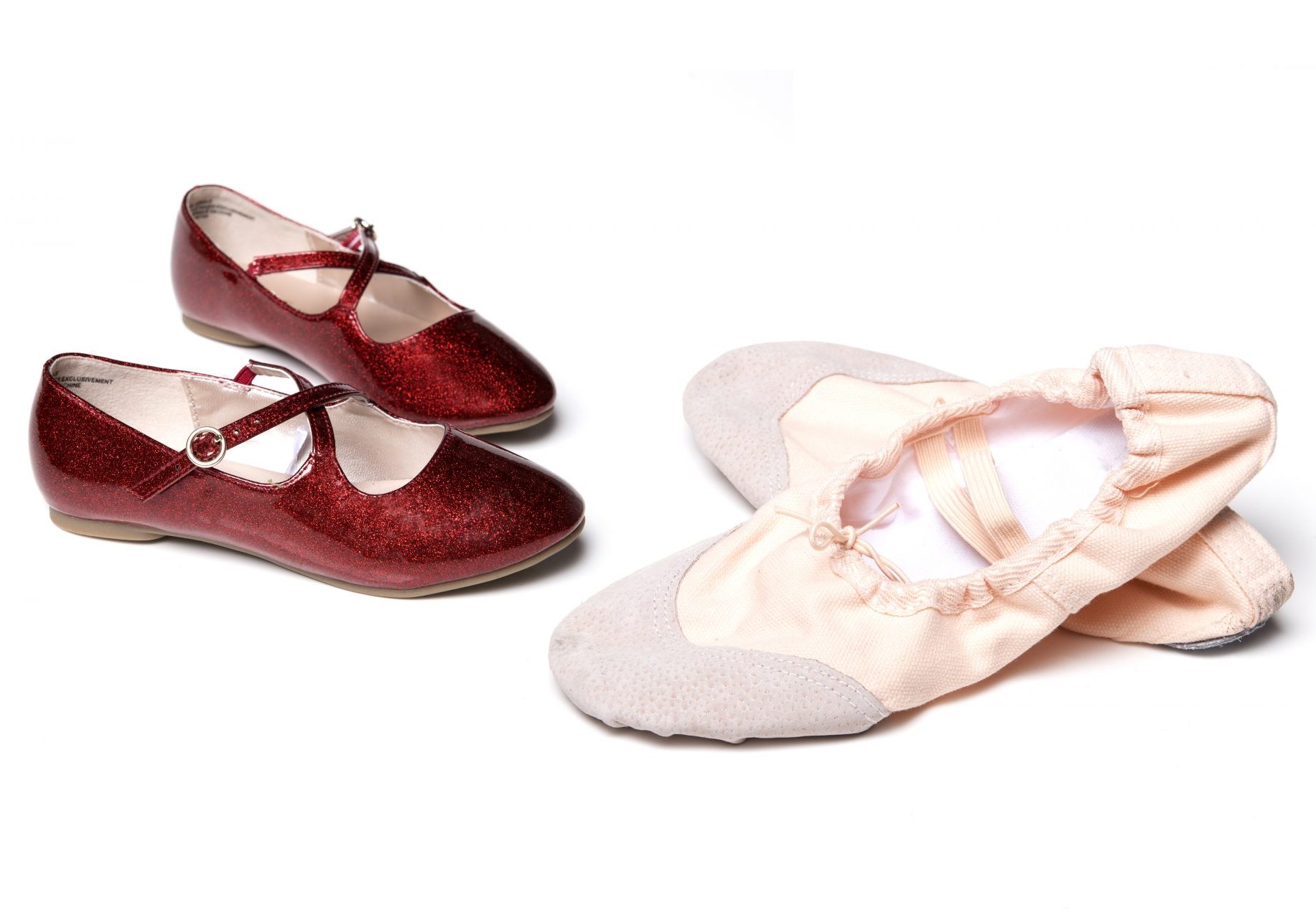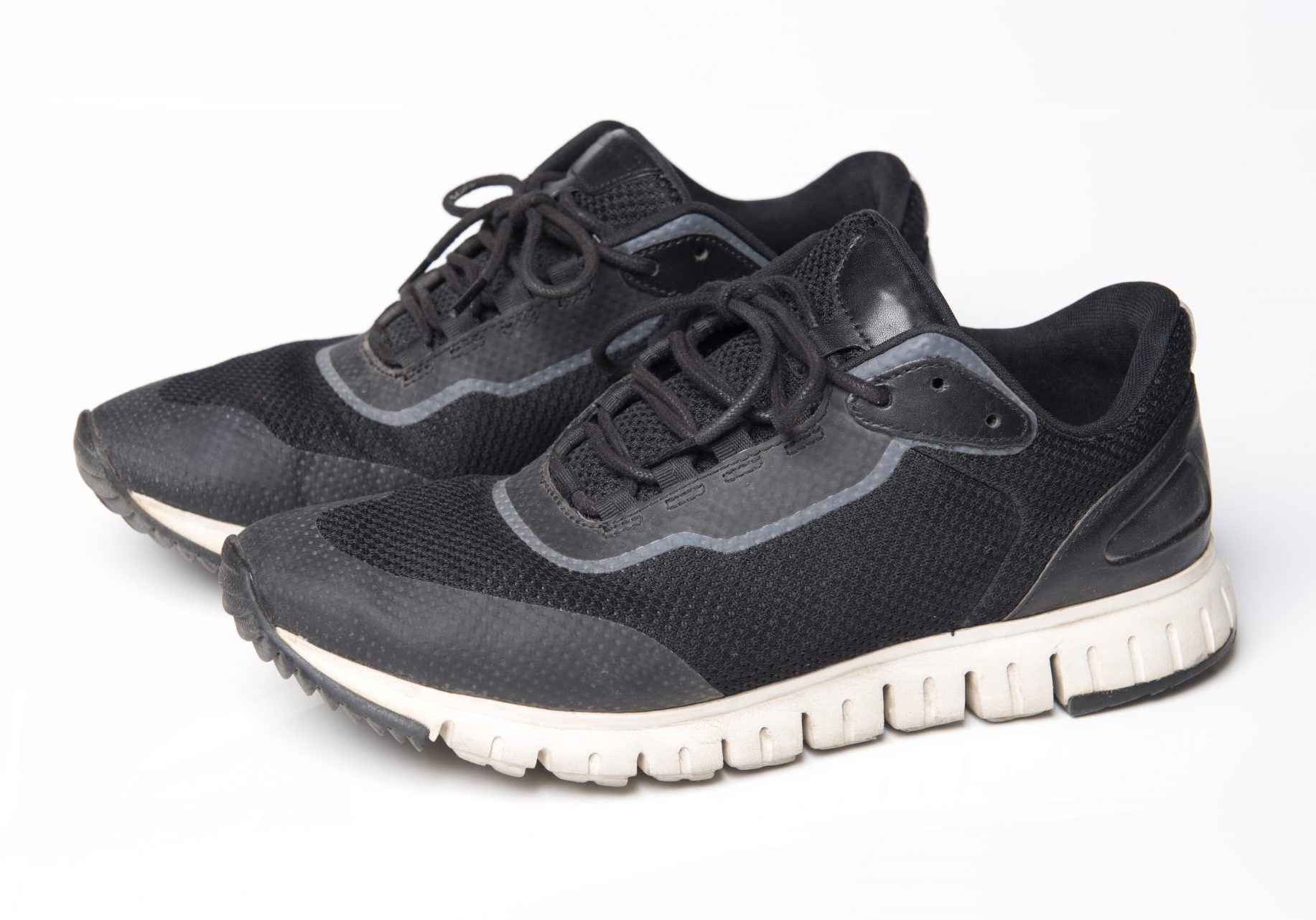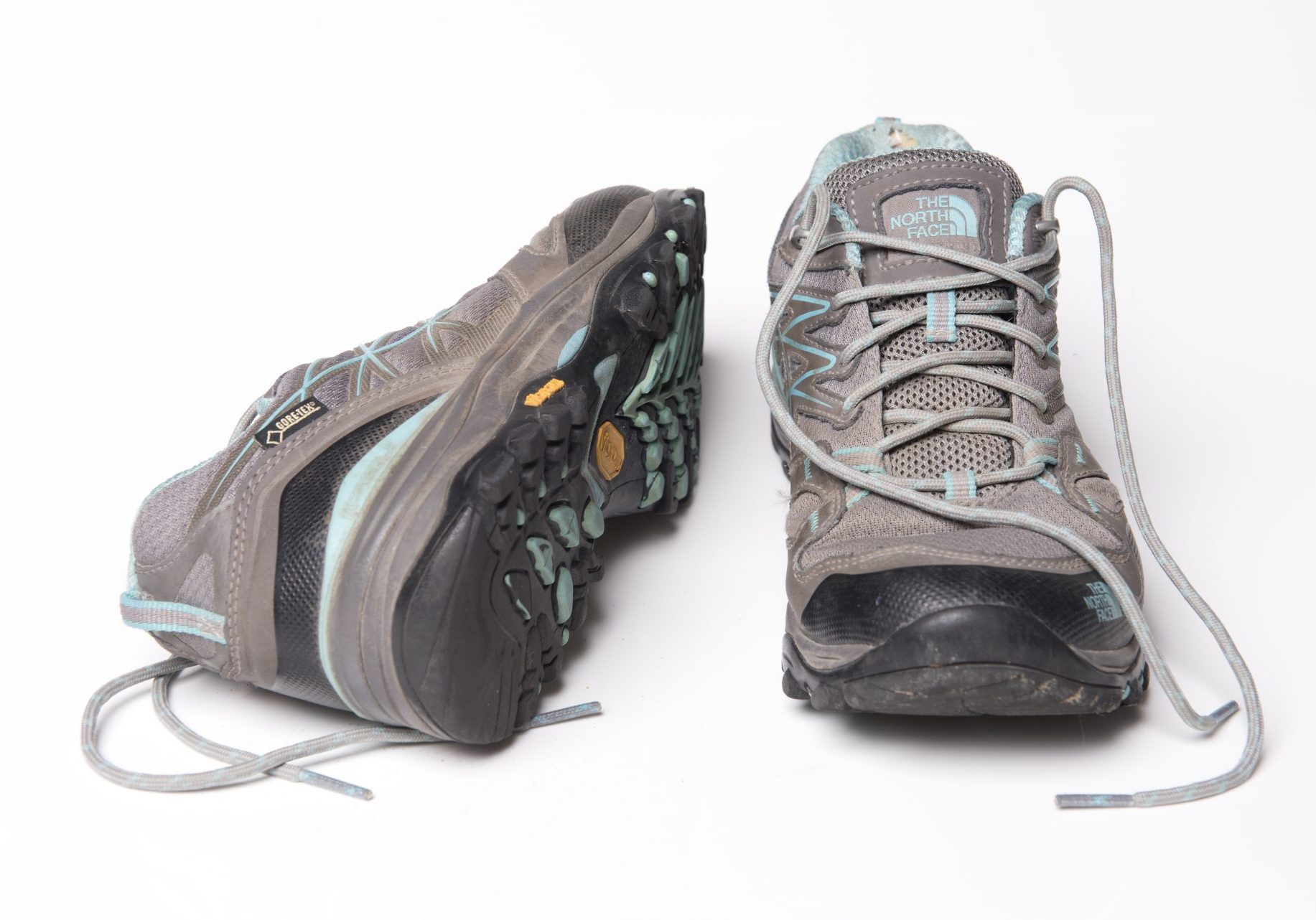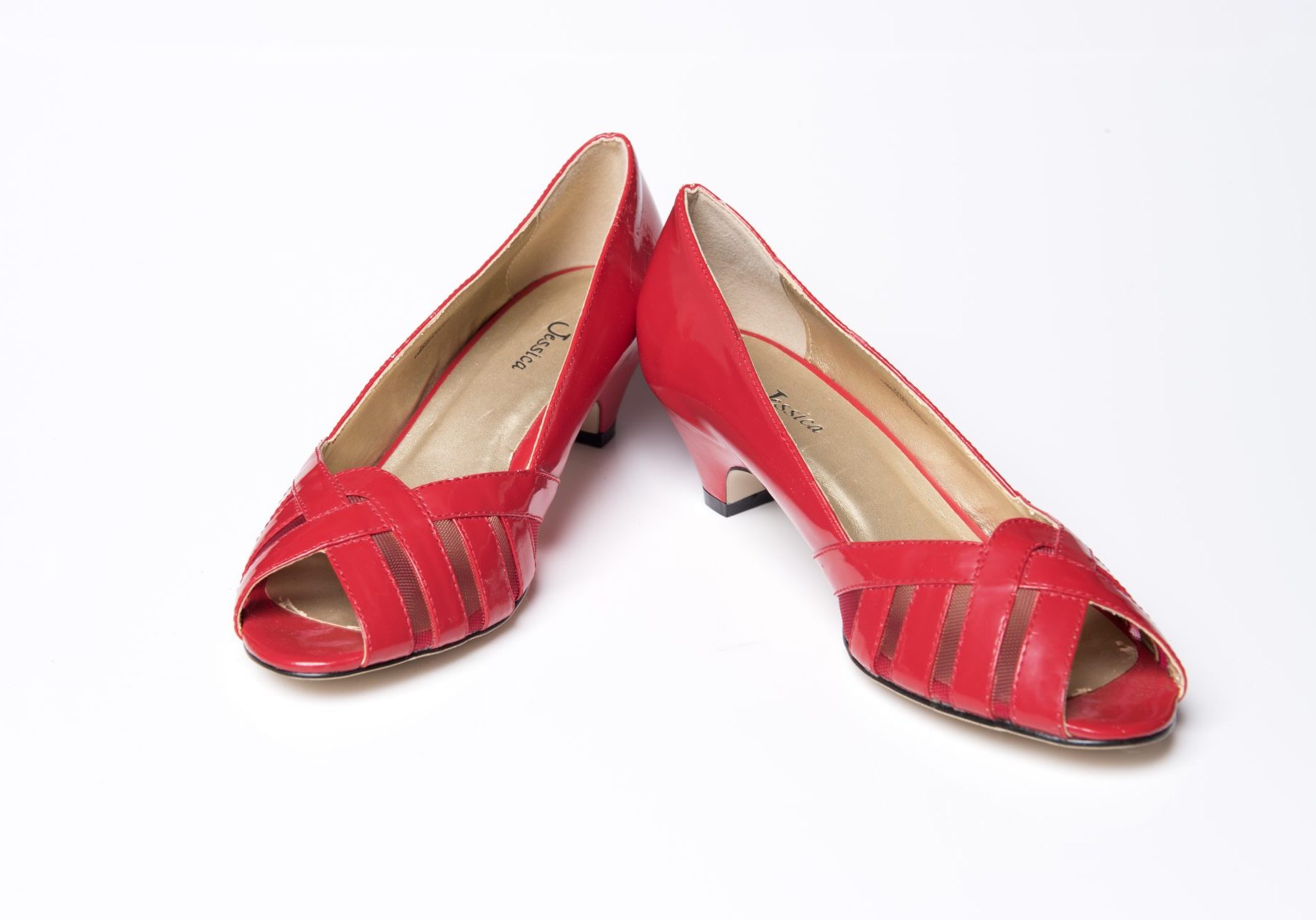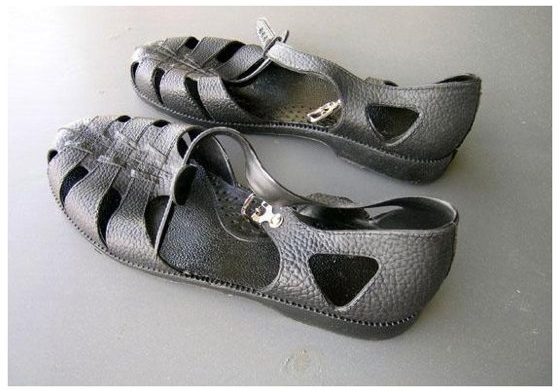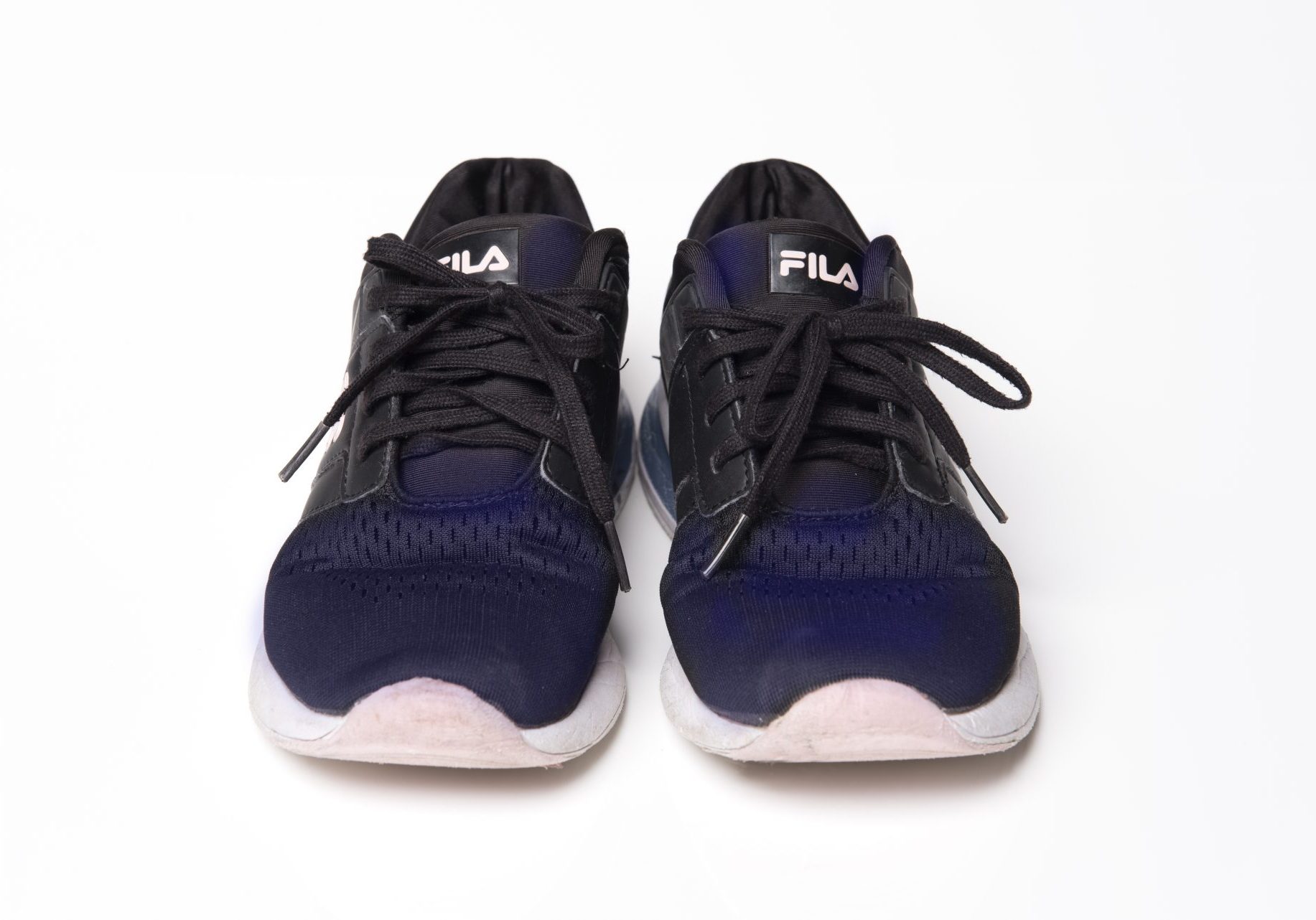Unsettling Shoes
Nabila Huq (+Video)
Summary:
Drawn to Canada by its reputation as a haven for women and children, a newcomer finds herself disillusioned by the country’s dark history.
I stare at the photos on my friend’s Facebook page. The steps of the BC legislature building are layered with little pairs of shoes, teddy bears and bouquets. There are orange shirts printed with small red hands and the words “Every child matters 215”.
The entire country was jolted in the summer of 2021 by the revelation of hidden burial grounds at former residential school sites—first in BC, then all across Canada. Temporary shoe memorials arose in honour of the children who never returned home. Many first-generation Canadians, including those who had lived here for years, said that this was the first time they had heard of Indian residential schools. But not me.
Eight years earlier, I had come to Winnipeg as an international student with a secret aspiration to immigrate. Early on, one of my professors took us to an exhibition of Robert Houle, a renowned Ojibwe artist. The artist himself spoke at the opening. Choking on his tears, Houle began to speak of his residential school experience. I noticed that everyone in the room was crying–except me. How awkward!
I whispered to a classmate, “What is this residential school?”
“Oh, it’s a boarding school.” My classmate knew English was my second language.
“I know that,” I said annoyed. “But why is everyone crying?”
And then she and the others told me how the government separated children from their parents. This time my English really fell short.
“Okay, the government paid for the education of poor children?” I was so hopelessly naïve.
“No, children were forcibly taken away from their families!” they said.
I stared blankly at them before entering the exhibition. Then I looked at the paintings one by one. Only the first one in the series was in an obvious shape of a school building in turquoise blue. Looking at such a peaceful colour, who could imagine the torment inside? The rest of the series revealed the bleak truth of the school. Painted in a disturbing combination of ash, brown, black and teal, they were surreal and ghoulish, but nonetheless unambiguous in projecting a young boy’s tortured body and bleeding soul.
I felt nauseated! That was my first reality check of Canada. And there were more to come. By the end of my academic year, a lifeless Tina Fontaine was pulled from the Red River.
One day, while taking a stroll around the neighbourhood, I passed a bunch of adorable Indigenous kids who cheerfully chorused to me, “What’s up?” I froze for a moment. Once such beautiful children were snatched from their mothers’ arms. I shuddered.
Then, despite the heaviness knotting in my throat, I managed a quick reply, “The sky is up!”
In retrospect, I often wonder why I chose to stay in this country. The truth is that society remains hostile to women in my homeland no matter how many women-empowering projects the government initiates. Canadian society, in contrast, seems to be a utopia for all women—except those who are this land’s very own.
I yearn to ask the survivors of residential schools and the families of the missing and murdered Indigenous women what they expect from new Canadians. But I fear causing more hurt. Meanwhile, I struggle with a paradoxical identity: I have legal status in Canada, yet I’m an intruder on Indigenous territories. Now, if I return to the land of my origin, will it help the Indigenous peoples of this land? And if I stay, am I forever a trespasser?
Hoping for an answer, I keep staring at the little shoes on the legislature steps. But the shoes only unsettle my mind.
Nabila Huq made her debut in creative non-fiction with The Shoe Project in 2018. She writes fiction as well, yet to be published. Nabila wants to work at the Canadian High Commission to Bangladesh some day as a representative of Canada to enjoy the best of both of her countries.
Watch the Performance
Read Other Stories from this Author
Where Do I Want to Belong
A Bengali woman feels torn between the love of her family in Bangladesh and her desire...
